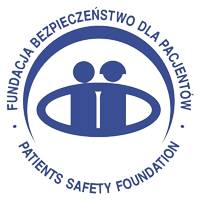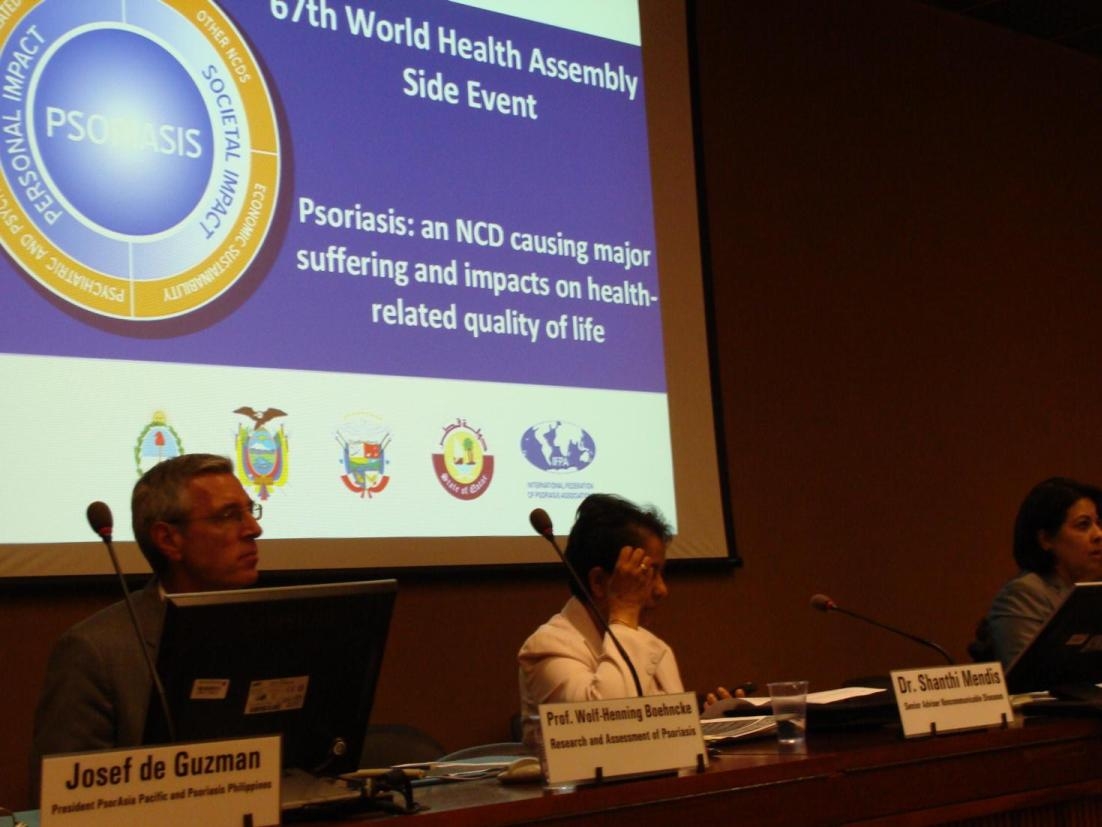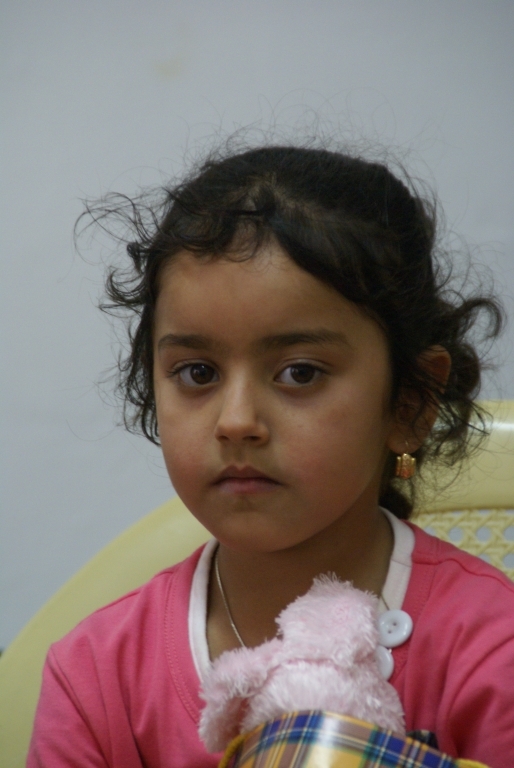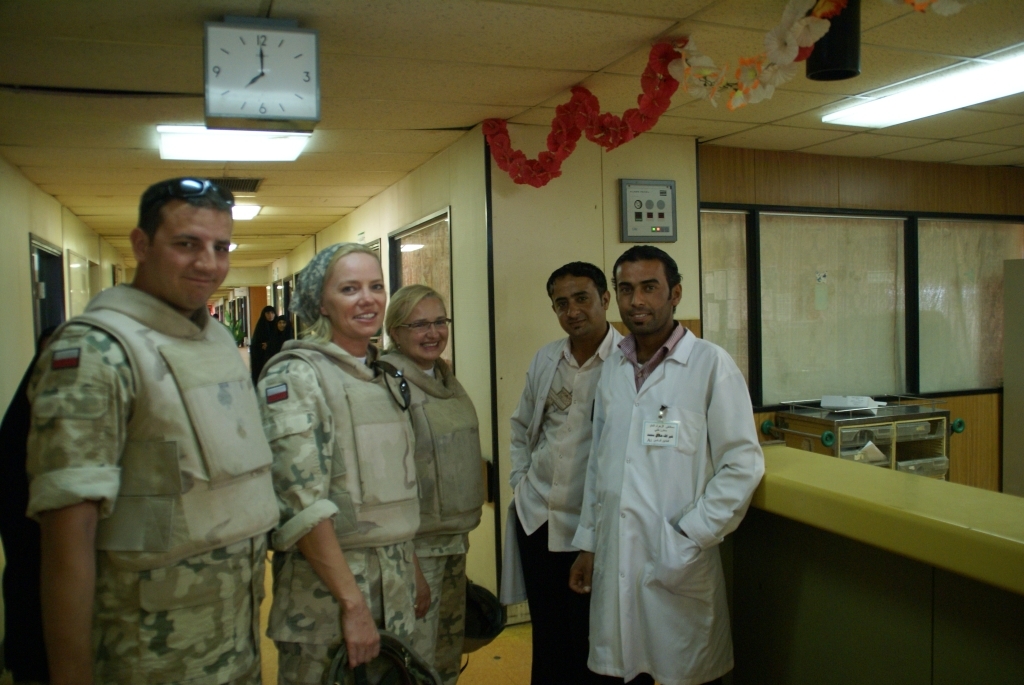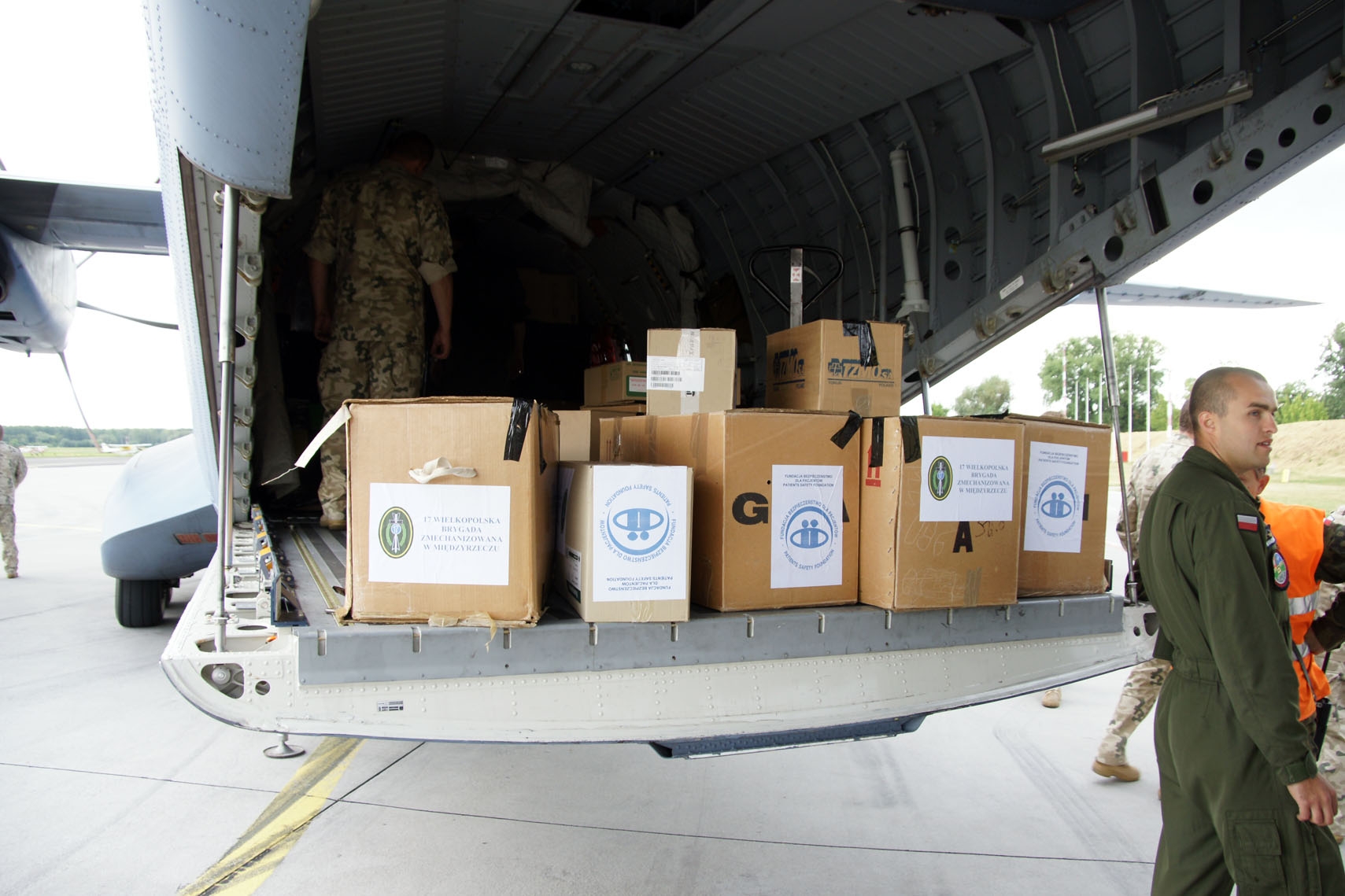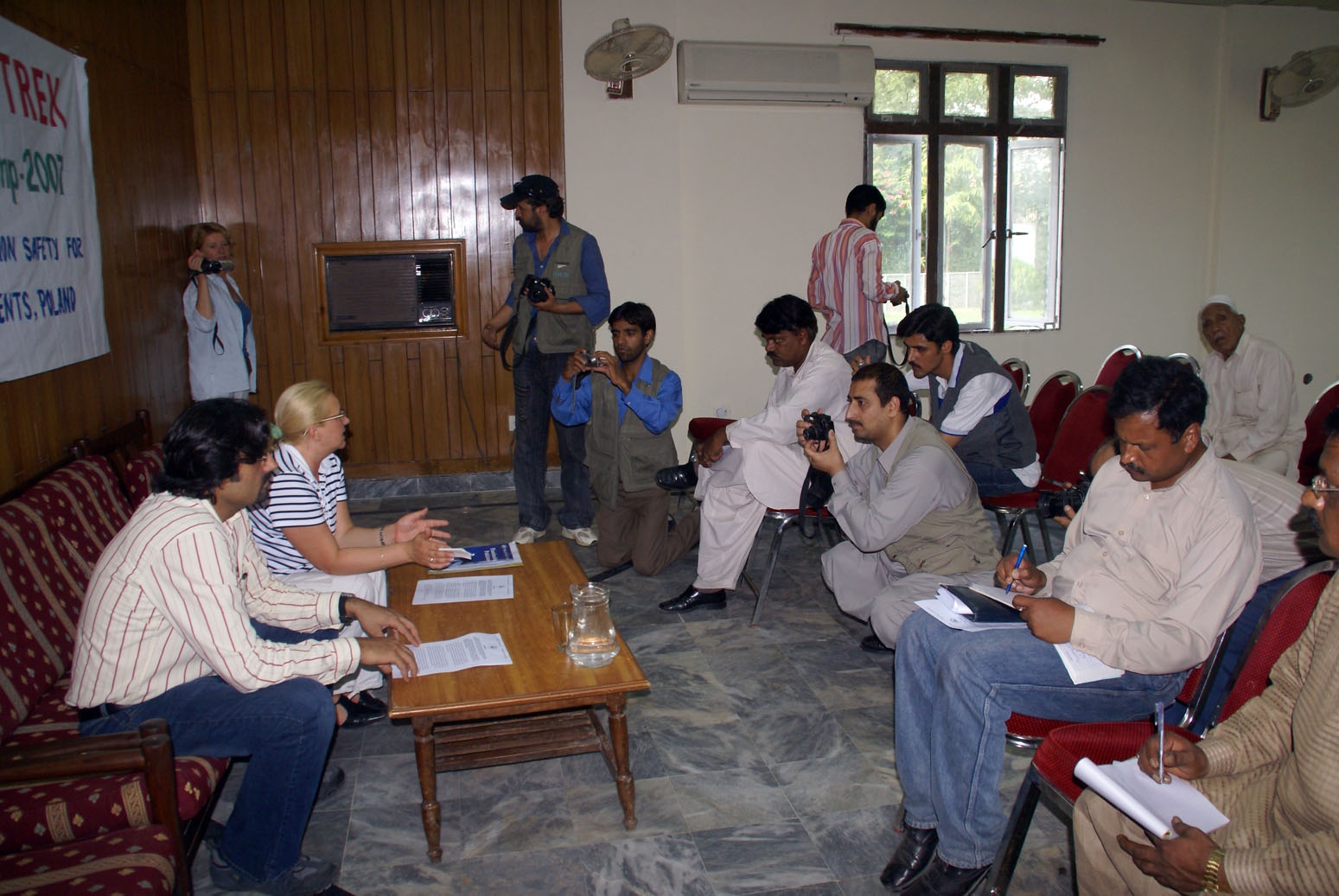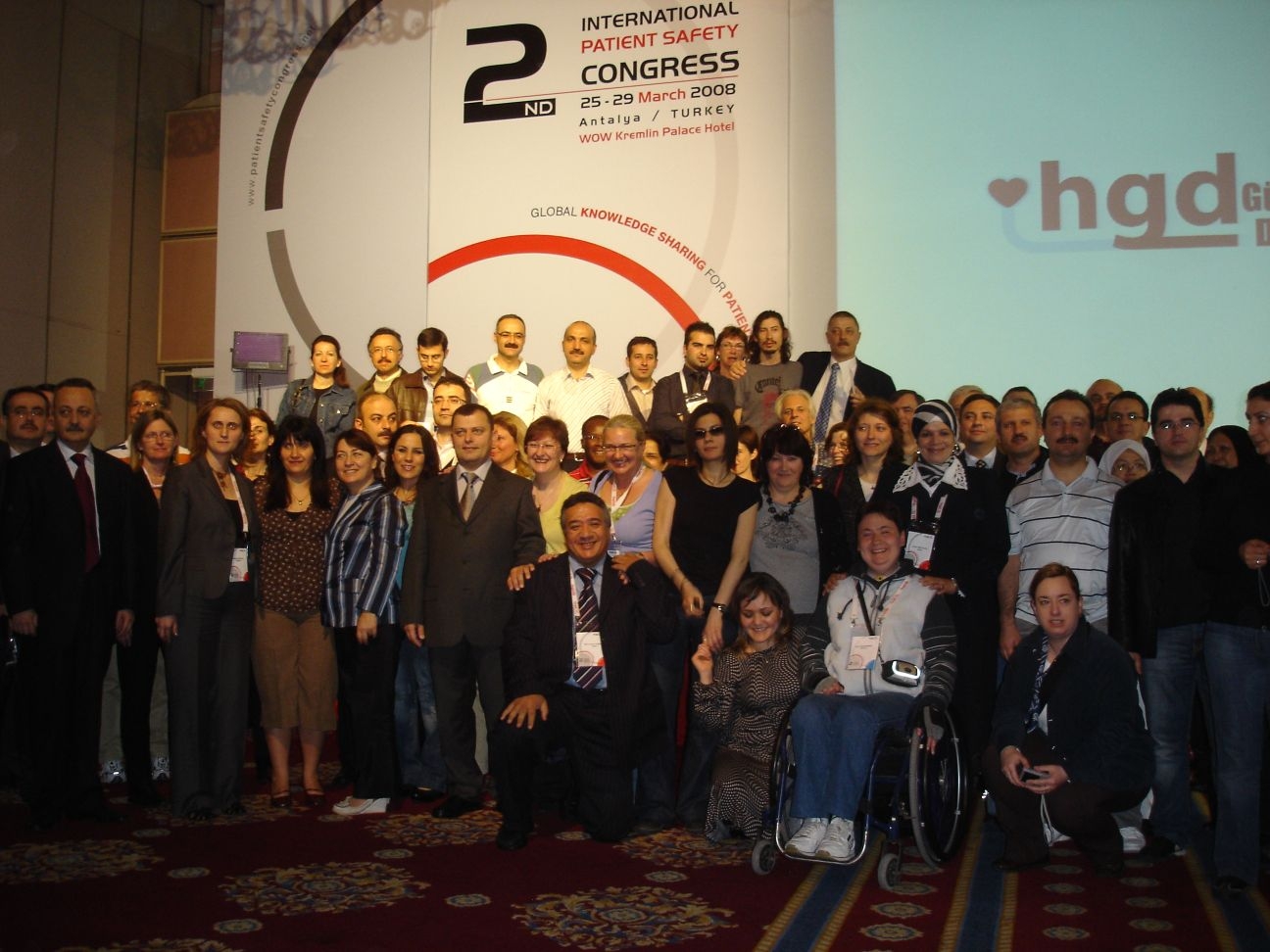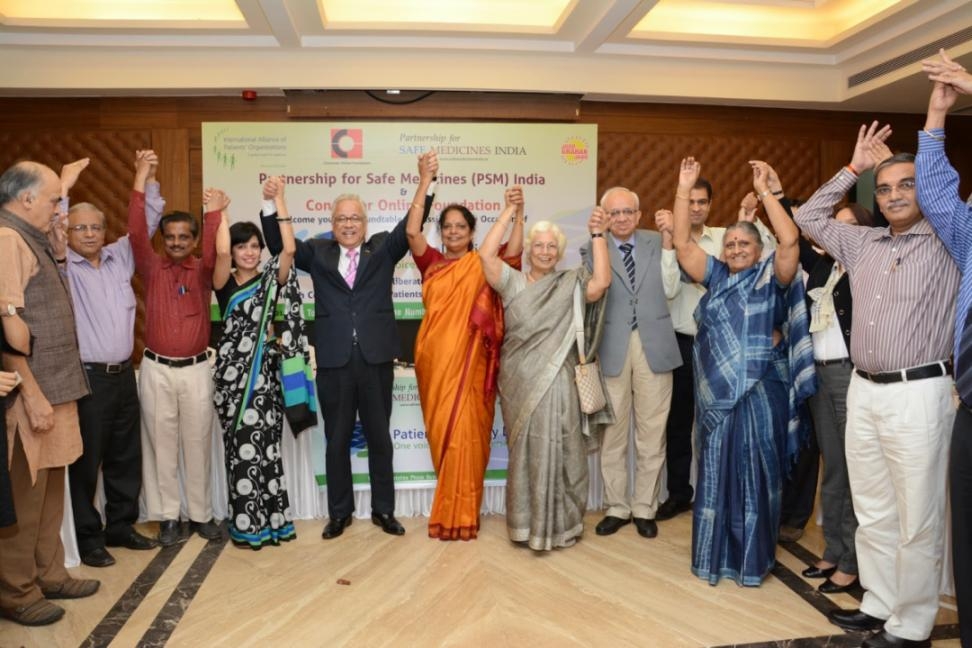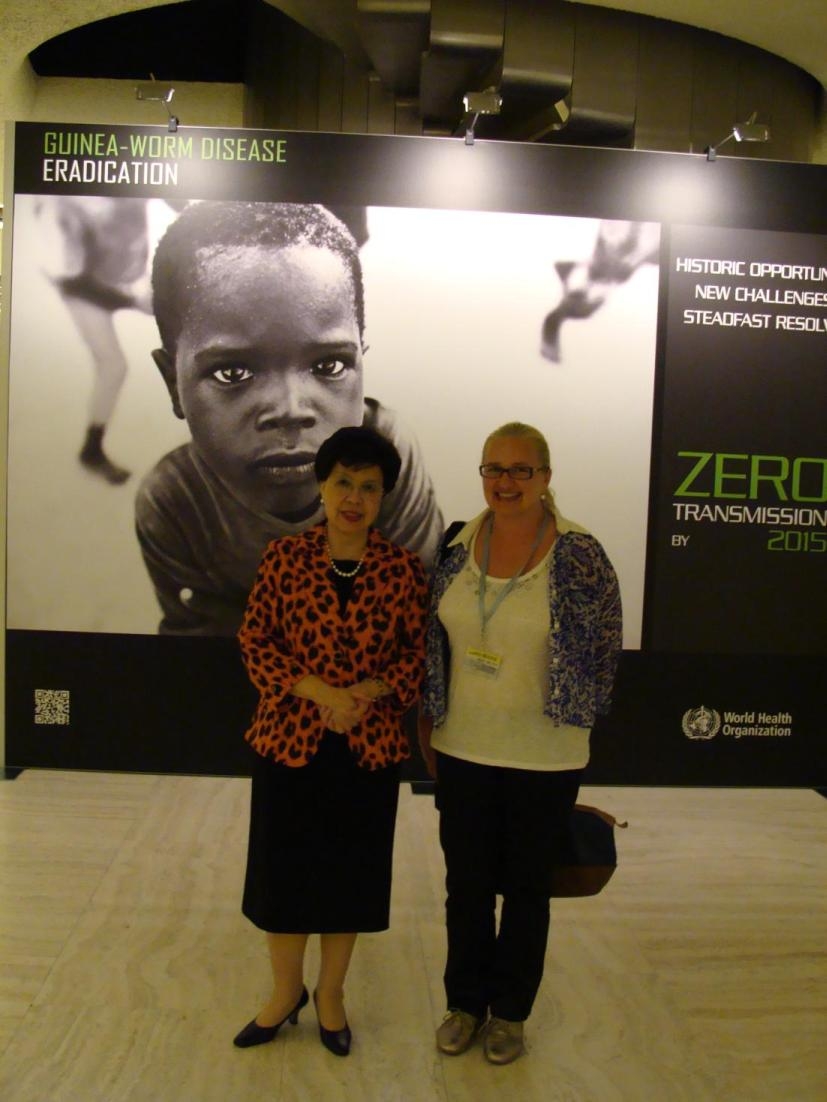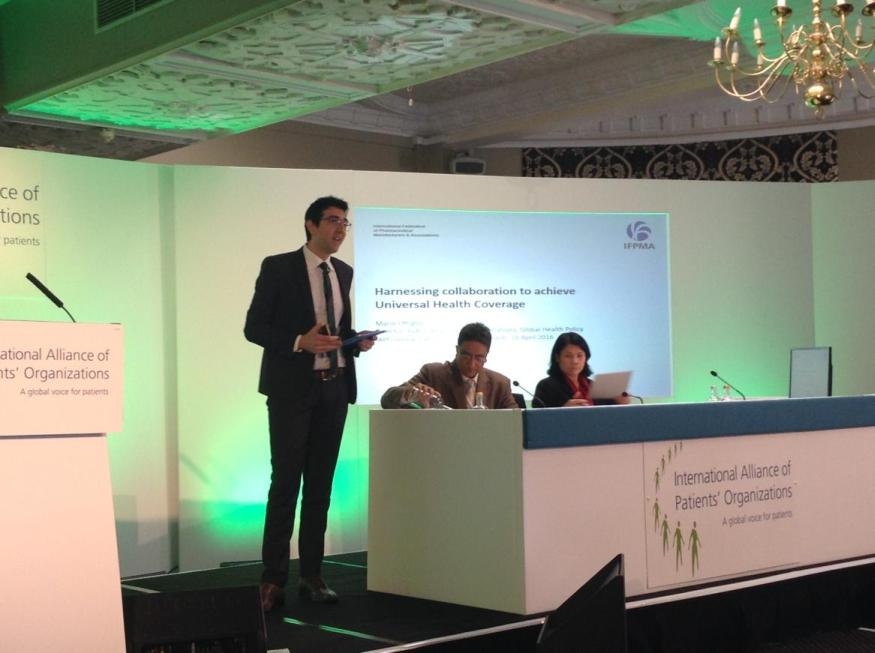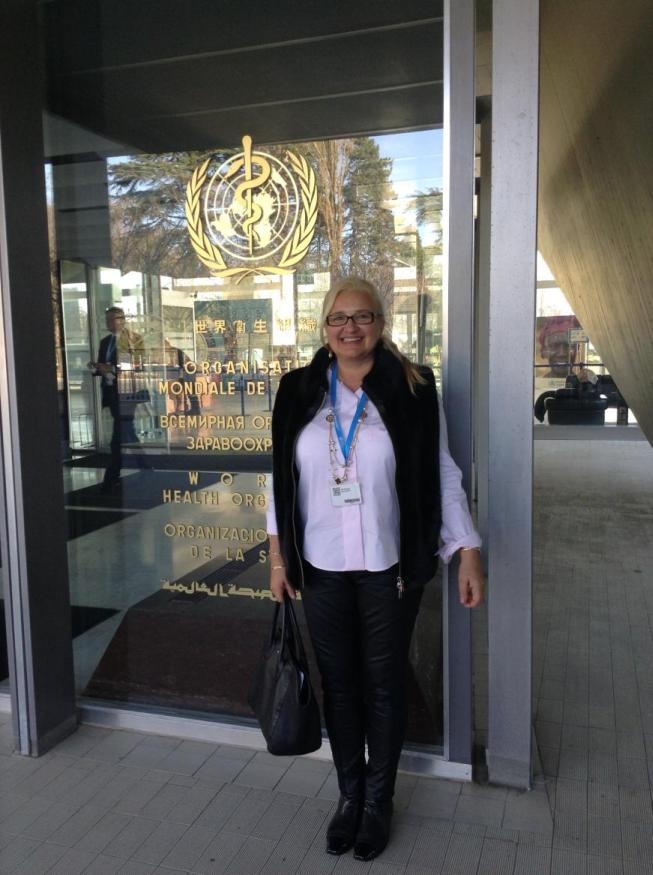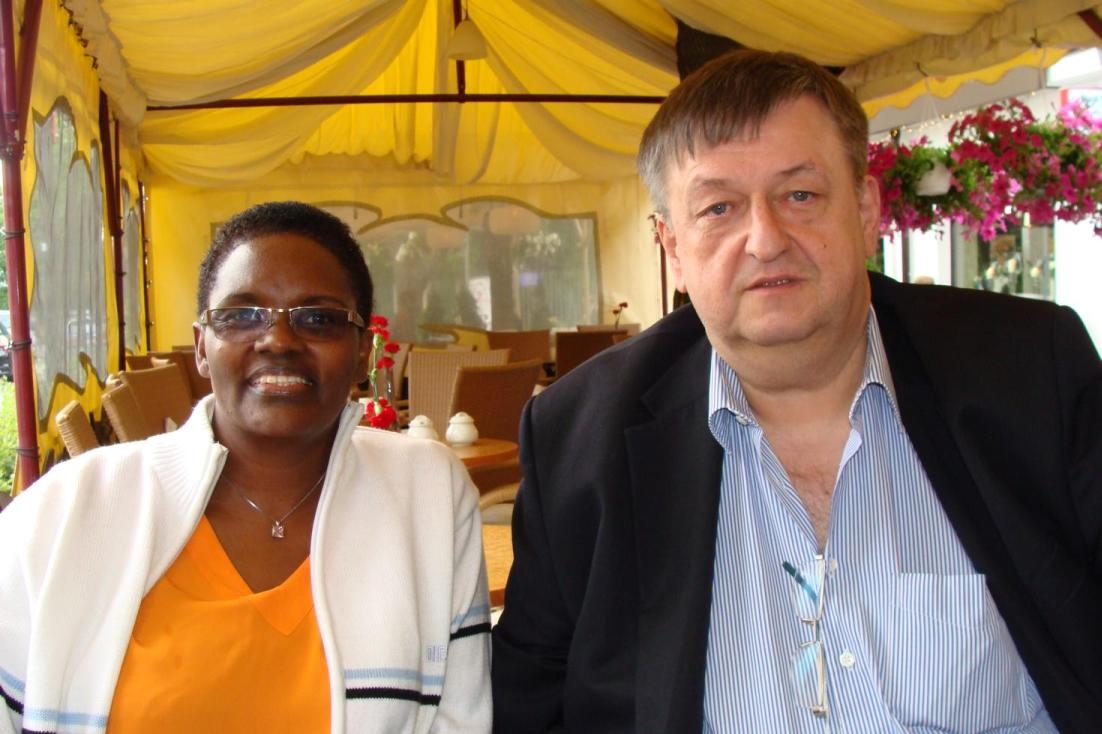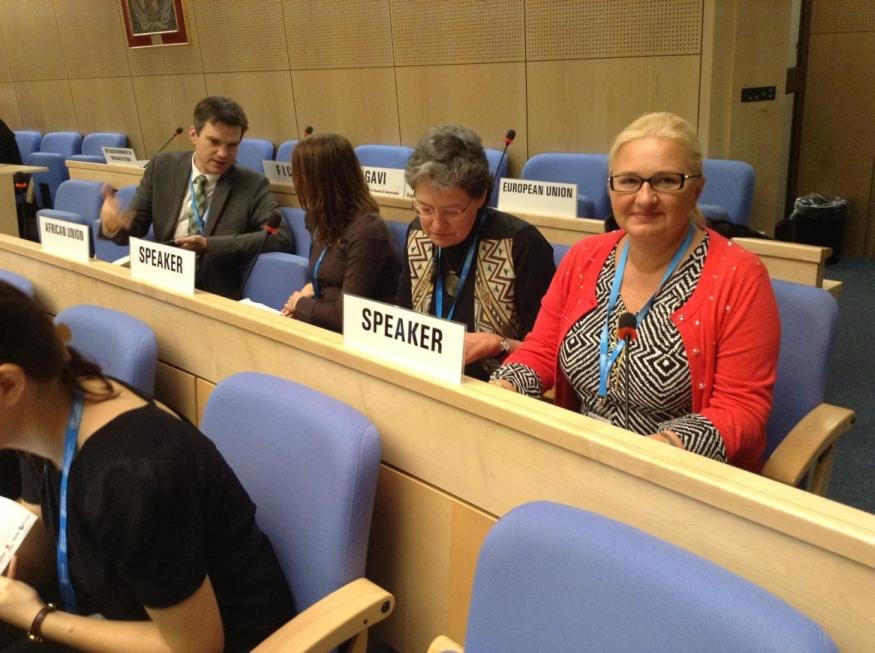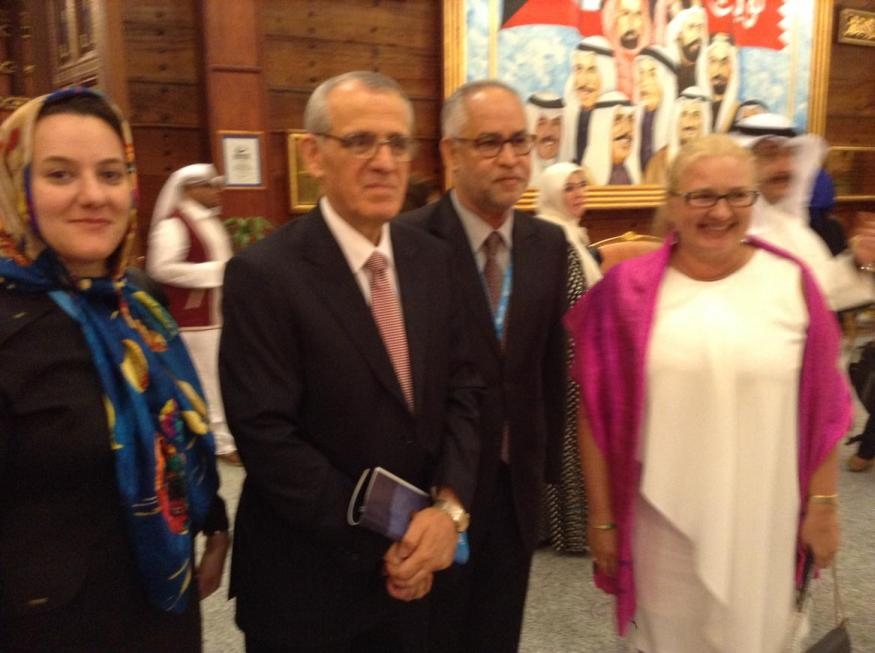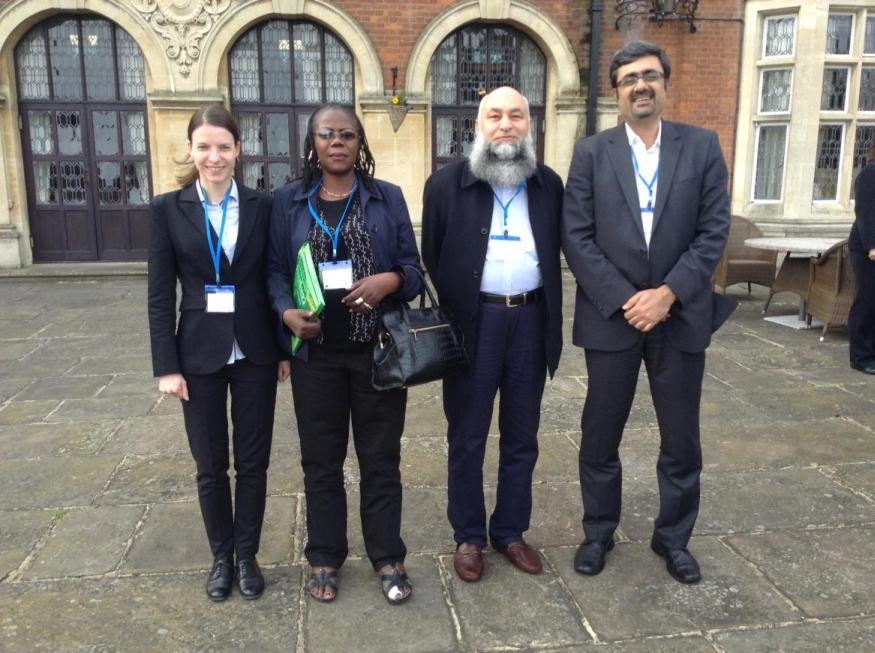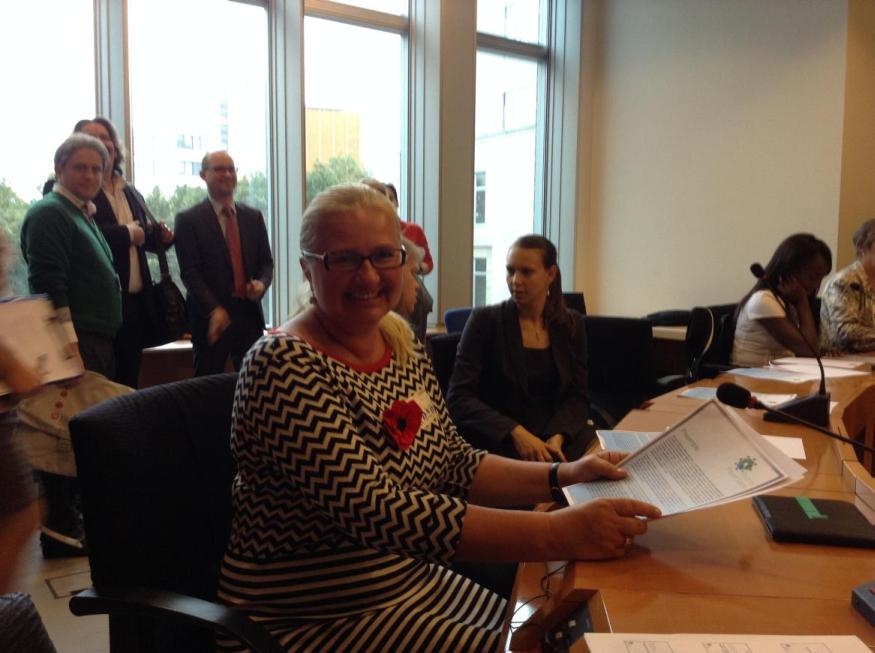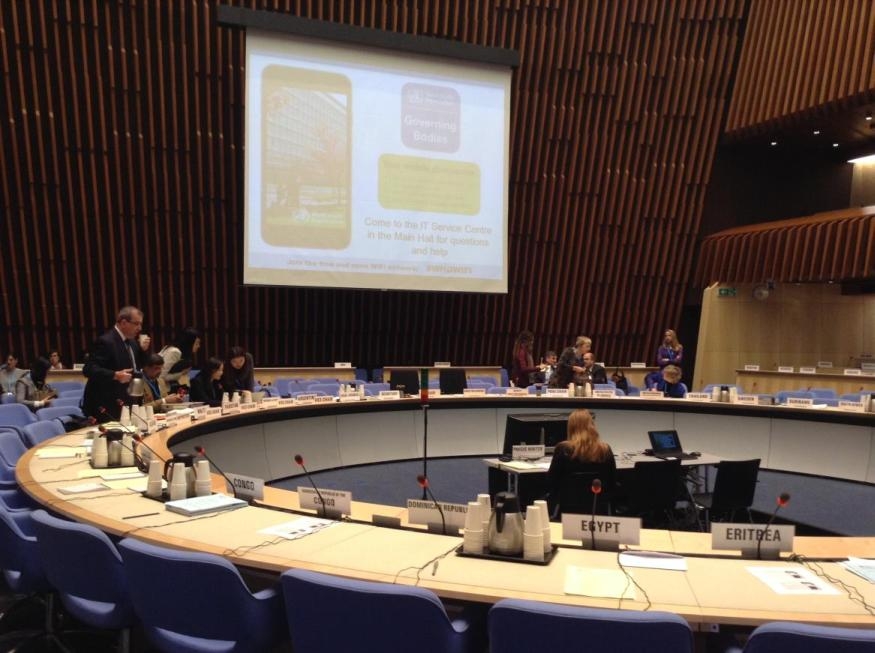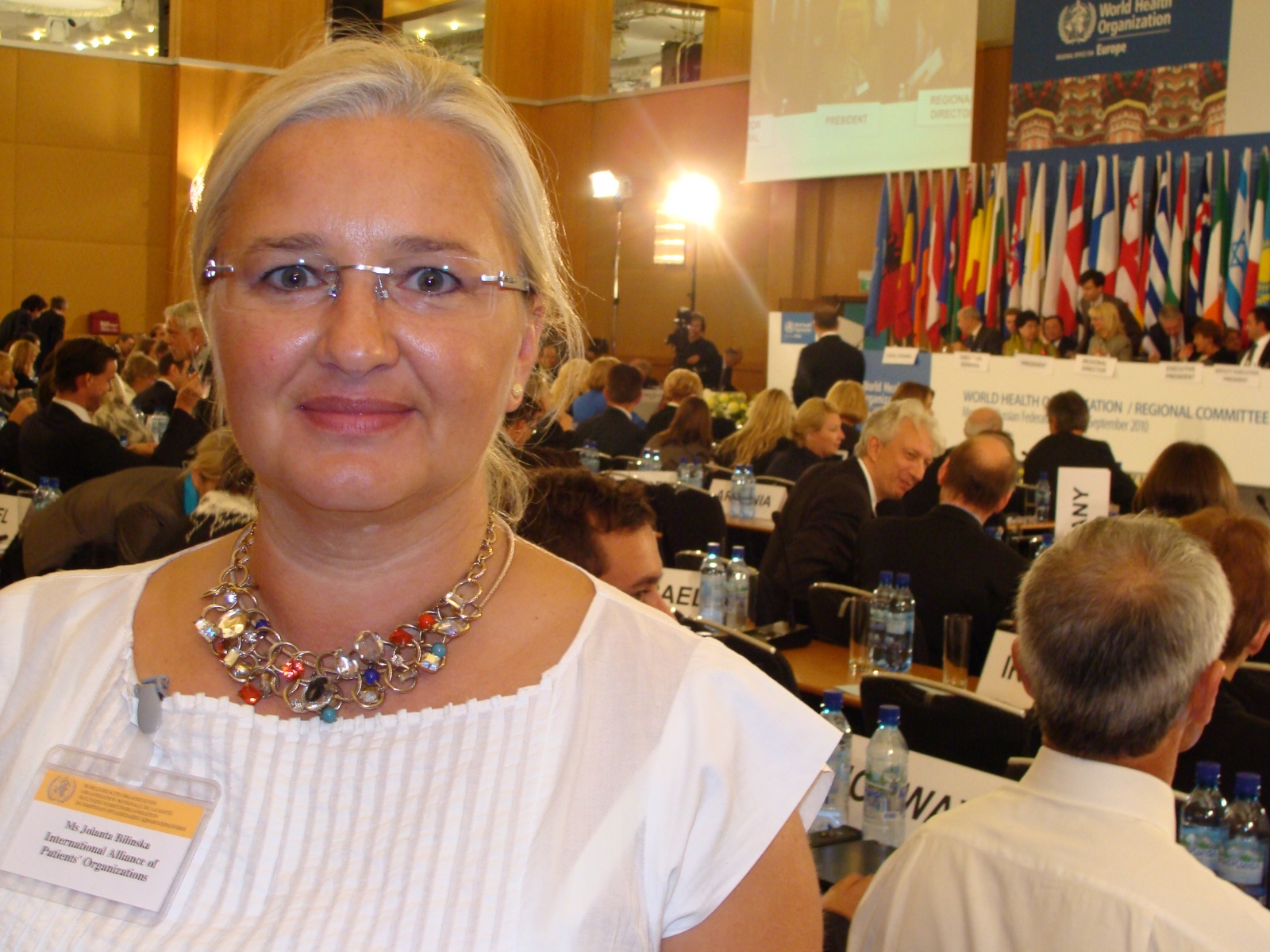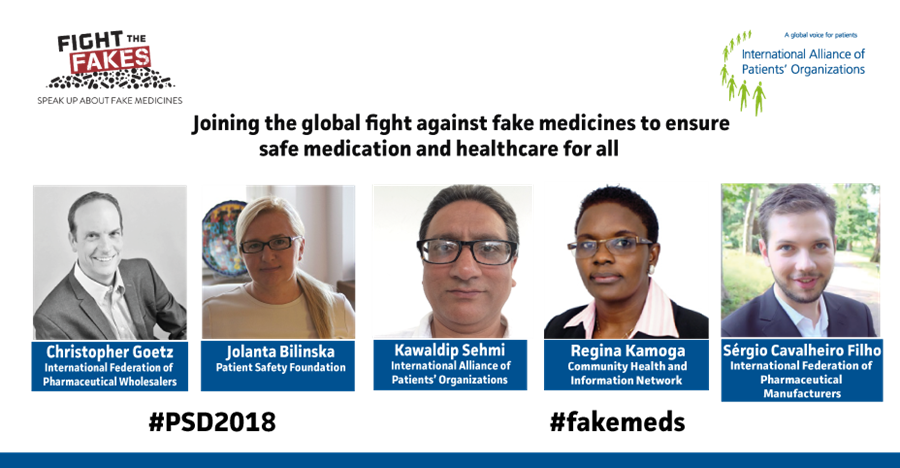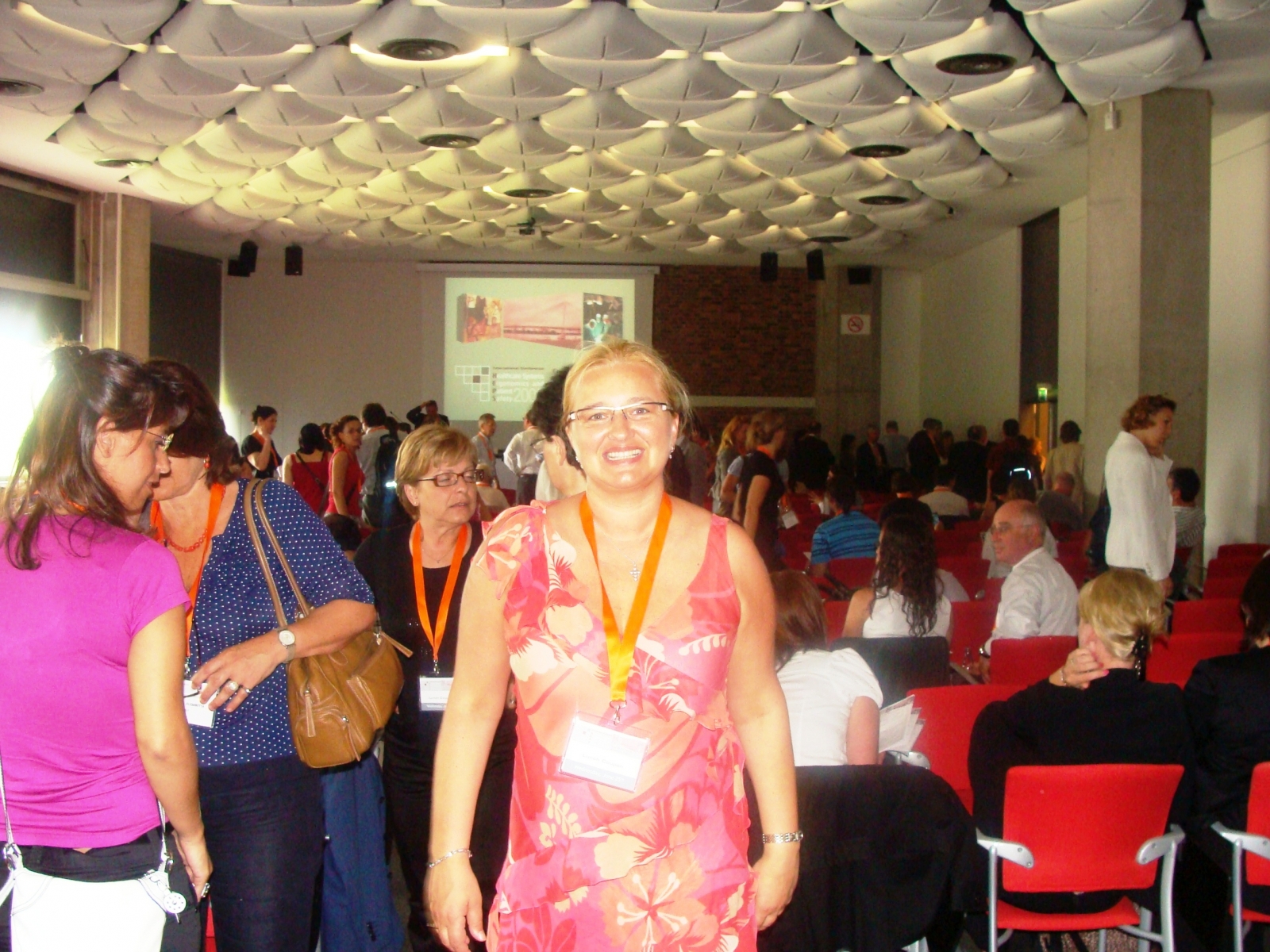JANUARY
- Last Sunday of January – World Day for Helping People with Leprosy; World Lepers Day – a holiday established on the initiative of the French traveller, poet and journalist Raoul Follereau has been celebrated since 1954, on the last Sunday of January in about 150 countries around the world.
- Last week of January – Cervical Cancer Week
FEBRUARY
- February 4 – International Day Against Cancer; Cancer Day – a holiday established at the World Summit on the Fight against Cancer organized under the auspices of the President of France and the Director General of UNESCO in February 2000 in Paris. Since 2005 Cancer Day has been organized under the aegis of the International Union for the Fight against Cancer.
- February 11 – World Day of the Sick – Celebrated since 1993. It was established by John Paul II in a letter to the then chairman of the Pontifical Council for Health Care Cardinal Angeloren Fiorenzo of May 13, 1992.
MARCH
- March 18 – European Brain Day – was celebrated for the first time in Europe on March 18, 1998. The goal is primarily to promote knowledge of the brain. In addition, informing the public about the role of nervous system research. To this end, numerous lectures and educational campaigns are organized.
- Second Thursday of March – World Kidney Day – an annual promotional and educational event including on conducting kidney preventive examinations, happenings, public readings, press conferences and educational campaigns, which are aimed at raising awareness among people of the importance of kidneys and informing that kidney diseases are common and how they can be treated.
- 24 March – World Tuberculosis Day – falls on the anniversary of the discovery by Robert Koch of the bacterium responsible for this disease. A German scholar published the results of his research on Mycobacterium tuberculosis on March 24, 1882. From that moment, for the next 100 years, the progress of medicine allowed for a significant control of the disease, which from the 17th century decimated the inhabitants of Europe.
APRIL
- April 7 – World Health Day – a holiday established by the First General Assembly of the World Health Organization (WHO) in 1948. It is celebrated annually since 1950 on April 7, the anniversary of the founding of WHO. Its purpose is to pay special attention to the most pressing and neglected health problems of the world’s societies.
- April 11 – World Parkinson’s Disease Day – April 11 is the date of birth of London physician James Parkinson, who was the first to recognize and describe the symptoms of this condition.
- 17 – 24 April – Week for the Heart. Cardiovascular diseases are the leading cause of death and hospitalization in the world. In Poland, cardiovascular disease is the cause of up to 46% of deaths. This is one of the worst results in Europe.
MAY
- First Tuesday in May – World Asthma Day – established by the Global Initiative for World Asthma in 1998. The goal of this initiative is to draw public attention to the growing health, social and economic problem that asthma is becoming around the world.
- May 12 – International Nurses Day – was established by the World Health Organization. On that day in Florence the most famous nurse in the world was born – Florence Nightingale, considered the founder of modern nursing, the founder of the first school of nursing (in 1860 at St. Thomas Hospital in London).
- 22 May – European Day for the Fight against Obesity – on the initiative of the WHO and the European Ministerial Conference on the fight against obesity
- Third Sunday in May – International Day of Remembrance for the AIDS – organized on the initiative of the international organization AIDS Candlelight Memorial. The first celebrations took place in 1984.
- 31 May – World No Tobacco Day – has been organized by the World Health Organization since 1988 and aims to highlight the health, social and economic effects of smoking.
- 26 May – 1 June – Breastfeeding Promotion Week – its goal is to promote and support breastfeeding. It is celebrated in over 120 countries.
JUNE
6 June – World Transplantation Day
- June 14 – World Blood Donation Day – a festival dedicated to blood donors, celebrated annually the birthday of Karl Landsteiner, who in 1901 discovered blood groups for which in 1930 he received the Nobel Prize.
- June 26 –
International Drug Prevention Day –
December 7, 1987, the General Assembly proclaimed June 26
International Day for the Prevention of Drug Abuse and Illegal
Trade.
- 27 June – World Diabetes Day
AUGUST
- August 1-7 – World Breastfeeding Week – August 1-7, in over 170 countries, is World Breastfeeding Week. The World Health Organization (WHO) repeats its appeal to health-related institutions and healthcare professionals to introduce 10 steps to help mothers breastfeed, improve children’s health and their chances of survival.
SEPTEMBER
- 9 September – World FAS Day (Fetal Alcohol Syndrome); FASD Awareness Day – a holiday aimed at making future mothers aware of the effects of drinking alcohol during pregnancy, its impact on fetal development, and in the future – on possible, abnormal development of the child. This day also aims to draw the attention of the public to the existence of the problem on a global scale.
- Second Saturday in September – World First Aid Day – the holiday established by the International Red Cross and Red Crescent organization is a day when the world talks about the importance of being able to provide first aid in situations where human life is at risk.
- September 17 – World Patient Safety Day – established by WHO in 2018.
- September 21 – World Alzheimer’s Day; World Alzheimer Prevention Day – there are over 11 million Alzheimer patients worldwide, over 200,000 in Poland. It is estimated that due to the aging of the population, the number of patients will double in 25 years. This day has been celebrated since 1994 in about 70 countries.
- Third Sunday in September – European Prostate Day – this day was established by the European Urological Association in 2006. Its task is to increase public awareness about prostate disease.
- Last Sunday of September – World Heart Day – World Heart Day is designed to encourage people around the world to lead a healthy lifestyle, in particular to physical activity, healthy eating and weight control, and to stop smoking. A healthy lifestyle significantly reduces the risk of disease and according to the latest research, the effects can already be seen after 6 weeks.
OCTOBER
- Breast Cancer Prevention Month – initiated in 1985 by Astra Zeneca
- October 1 – International Day of Combating hepatitis C – the day was established in 2004 on the initiative of patients’ associations and those suffering from liver diseases and those infected with the hepatitis C virus. The main goal of this initiative was to draw attention to the disease that is becoming a more serious problem in the modern world (according to WHO, around 170 million people are infected worldwide).
- October 4 – World Oncology Day – organized by oncology centers.
- October 10 – World Mental Health Day – the celebrations have been organized since 1992 by the World Federation of Mental Health, which aims to promote mental health, deal with the prevention of treatment of emotional and mental disorders, as well as to treat and care for people with this type of disease.
- October 12 – World Rheumatism Day – the goal is to raise public awareness about rheumatic diseases. In our country, every fifth Pole suffers from rheumatic diseases, while in the world rheumatic diseases affect over 100 million people!
- October 15 – European Breast Cancer Day – a holiday established in 2008 by Europa Donna (European Coalition for Breast Cancer) to remind women in Europe about the significant impact of lifestyle on future breast health and prevention options incidence of breast cancer, and the role of initial detection in the fight against cancer.
- October 18 – Healthcare Day – feast of St. Luke, patron of doctors and sick people.
- October 18 – World Menopause and Andropause Day – established by WHO in 2000. The goal is to draw attention to the fact that the prolonged life span is associated with a dramatic increase in morbidity and conditions resulting from lowering hormone levels in middle-aged men and women.
- October 20 – World Osteoporosis Day – starting a year-round campaign dedicated to increasing global awareness, prevention, diagnosis and treatment of osteoporosis and bone metabolic diseases. World Osteoporosis Day was organized for the first time in 1996
NOVEMBER
- November 14 – World Diabetes Day – was established in 1991 by the International Diabetes Federation and the World Health Organization. The date of the celebration was not chosen accidentally. November 14 is the birthday of Frederick Banting, who, together with Charles Best, was the first in the world in 1922 to use insulin therapy to treat diabetes.
- Second or third Wednesday in November – World Day of Chronic Obstructive Lung Disease (COPD) – an international festival dedicated to chronic obstructive pulmonary disease (COPD), as part of the World Health Organization (WHO) program and the American National Institute of Heart, Lungs and Blood. The purpose of the event is to raise awareness about COPD and improve patient care.
- Third Thursday in November – World Tobacco Smoking Day – celebrated at the initiative of American journalist Lynn Smith. The idea was born in 1974 in the United States, when one journalist appealed to newspaper readers, in which he worked so that they would not smoke for one day.
- November 22-26 – Blood Donation Days – Polish Red Cross Blood Donation Days are celebrated every November. This is the festival of all Polish Honorary Blood Donors.
DECEMBER
- December 1 – World AIDS Day – a holiday celebrated annually at the initiative of the World Health Organization (WHO) since 1988. The UN General Assembly has expressed concern over the scale of the pandemic, highlighting the importance of celebrating that day in its resolution 43/15 of 1988.
- December 1-10 – Tuberculosis and Lung Disease Days – Tuberculosis and Lung Disease Days are held every year from December 1-10. On this occasion, the need for systematic lung control is reminded. Early detected tuberculosis and other lung diseases can be successfully treated.
